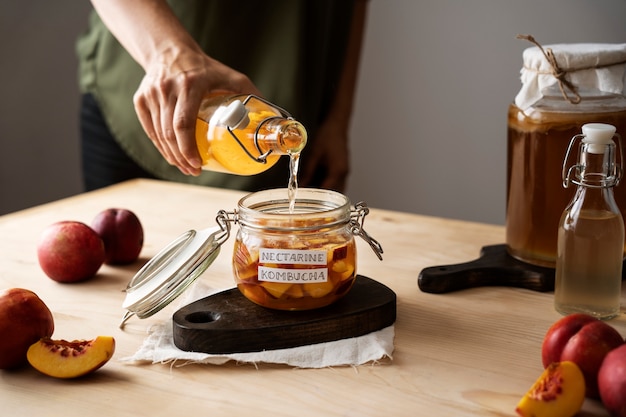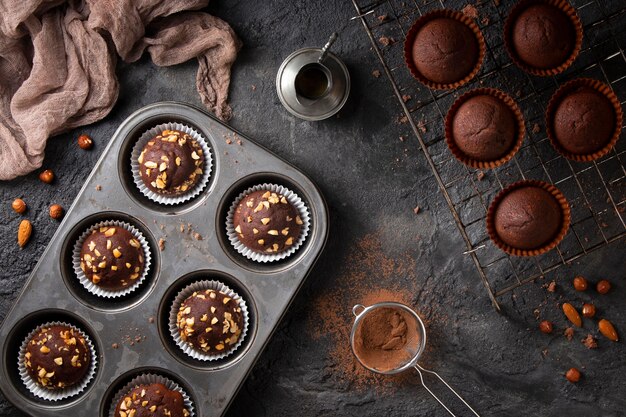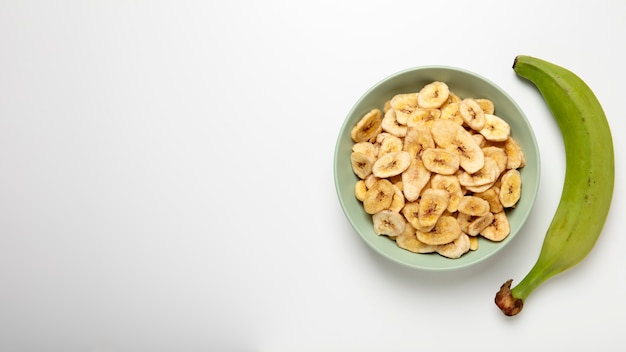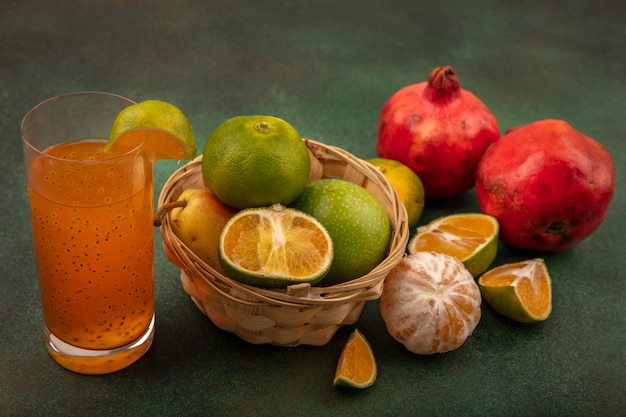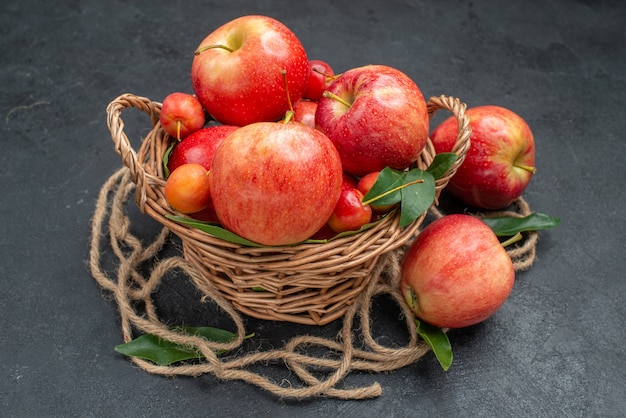Food preservation, like pickling and canning, is a common practice in many homes. However, these methods can sometimes lead to the production of a dangerous toxin called botulinum, created by the bacterium Clostridium botulinum. This toxin can be deadly and cause a serious illness known as botulism.
Botulinum is a powerful toxin that can cause severe muscle paralysis and other serious health issues. It’s produced by Clostridium botulinum, which thrives in low-oxygen environments鈥攎aking sealed jars of preserved foods potential hotspots for this bacterium.
When consumed, botulinum can cause botulism, a potentially fatal condition. Symptoms include severe muscle weakness, difficulty speaking and swallowing, dry mouth, and even breathing problems. Long-term effects can include nerve damage and persistent muscle weakness. Eating food contaminated with botulinum is a common way to contract botulism.
While commercial foods are rigorously sterilized to eliminate botulinum, homemade preserves may not meet these safety standards. Small mistakes in home preservation techniques can lead to this dangerous toxin forming. Oil-based preserves are particularly at risk because oil creates an oxygen-free environment perfect for Clostridium botulinum growth.
To keep botulinum out of your homemade preserves, sterilize jars effectively, use salt and vinegar in cooking, Re-boil filled jars for thorough sterilization, and maintain good hygiene during the process. Always store opened jars in the refrigerator to prevent cross-contamination.
Watch out for signs of botulinum contamination in your preserved foods like swelling of the jar due to gas formation, changes in the smell of the contents, unusual consistency, or altered color of the contents. If you suspect contamination, dispose of the jar immediately without tasting the contents.
Home food preservation is convenient and cost-effective, but it’s essential to be aware of potential risks like botulinum formation. By following proper techniques and maintaining good hygiene, you can greatly reduce the risk of this dangerous toxin in your preserves.
